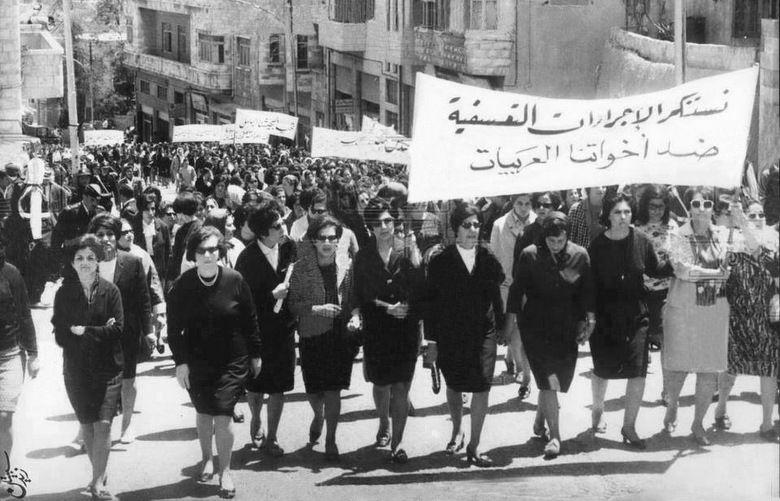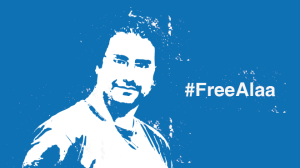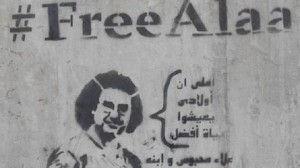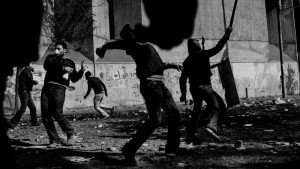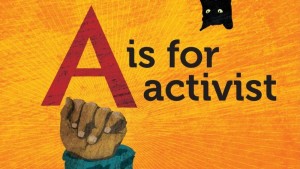
Words & Photos By: Naseem Tarawnah
The Action Committee spent the past ten days in Ramadan collecting funds for Ramadan food bags and on September 20th, went down to the Hussein Refugee Camp to distribute them. The campaign, driven mainly through online activism with the help of Facebook, emails and Jordanian blogs, was able to yield two-truckloads of food to serve a lot of needy people in the camp. So a special thanks is in order to all those who helped donate to the campaign, be it through the donation of money, goods, their time and energy or just by simply spreading the word.

A Little About The Camp:
Established in 1948, the Jabal Al-Hussein Camp is one of the oldest Palestinian refugee camps in the world. It has grown from 8,000 refugees to over 29,000 refugees throughout these past 60 years. Similar to the Wahdat camp, the Hussein camp has gone from a field of tents to a condensed urbanized area of Amman. In fact, few people know that directly behind the shopping streets of Jabal Al-Hussein is the camp. Having been engulfed by central Amman all these years, it is hard to tell the difference between the Hussein camp and the rest of the eastern parts of the city. Despite its condensed housing and poverty, it stands contrasting to some other camps in the country – such as the Baqaa and Gaza camps – in that its residents have Jordanian citizenship.
That being said, there are obvious commonalities such as poverty and the overwhelming culture of dependency on aid, be it in the form of the UNRWA, the Jordanian government, the private sector or local, everyday citizens.

Going in to these camps with a truckload of bags or boxes is like having a target on ones back. Everyone in the area knows there’s food to be given out and word quickly spreads. The people here are probably not as poverty-stricken as those living in camps like the Baqaa and Gaza, however, in these dire times, it’s hard to tell the difference anymore. Stopping just about anywhere in the camp will automatically draw attention and people will continuously plea to get a free bag of food. It is a sad sight to see and perhaps the worst thing about these visits is that you have to come up with excuses as to why you can’t. The gathering crowds usually do not respond positively when you tell them that there is a list of registered people who these bags are intended for. The Action Committee will tend to coordinate with a local organization such as an orphanage or a woman’s group or even the UNRWA, with a few quick stops at particular homes to let volunteers get a sense of the conditions.
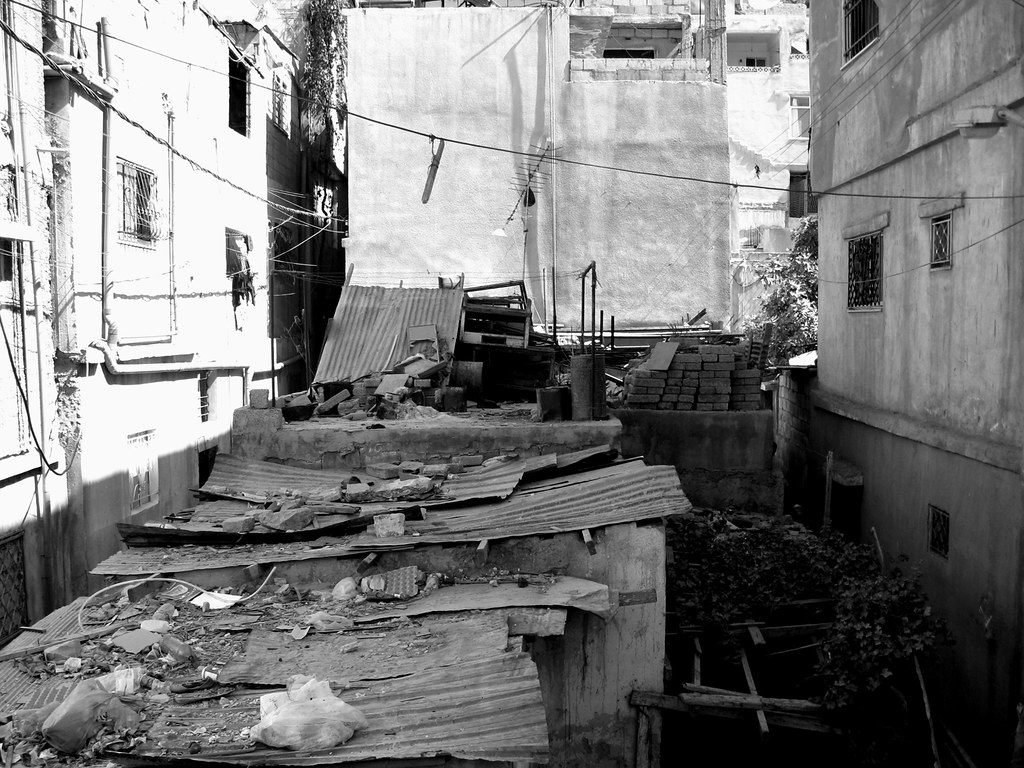
During this visit, we got to sit down with a local volunteer and organizer in the camp by the name of Yasser, who guided us to certain homes and then to a center for orphans. Most of these kids actually have only a single parent, with usually the father having passed away leaving a family of eight young children and their mother with no source of income whatsoever. The mother is stuck between raising her kids on next to nothing or forgoing that in lieu of getting a job, which is also hard to come by normally, let alone for a woman in the camp.
This may be one of the first times for residents of these camps, and the years to come will be no better. The mixture of Ramadan, Eid and back-to-school, with the high prices, all packaged within the span of a single month is unbearable according to Yasser. And that reality is all to apparent.
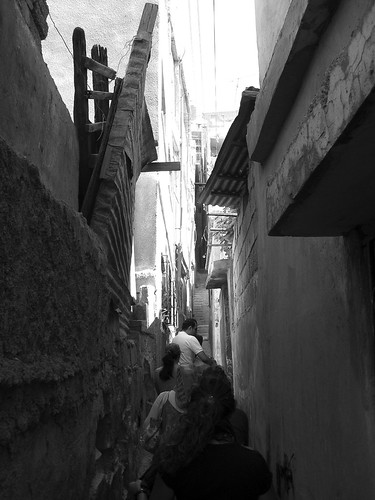
Read More:
– Hussein Camp
– Action Committee






